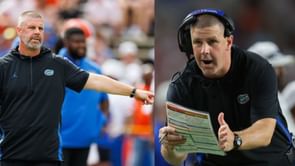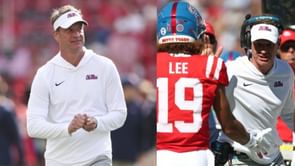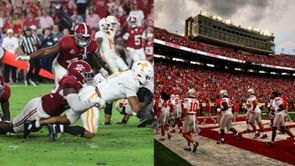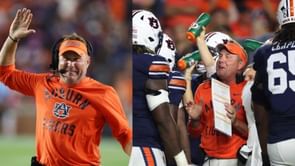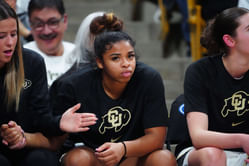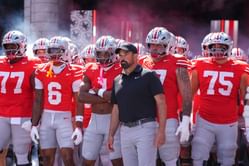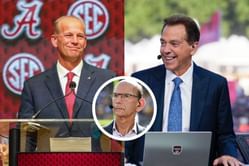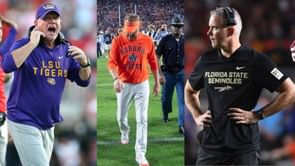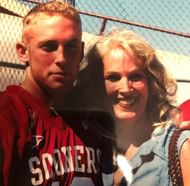
The Heisman Trophy is the annual award given to the most outstanding player in college football. This trophy exhibits leadership, excellence, and sportsmanship in college football. The votes are decided by fans, sports journalists, and former winners. Any NCAA Division I Football Bowl Subdivision player is eligible; it goes to those players who play at the quarterback and running back positions. The winner is not only rewarded for statistical success but also for their impact in enabling their team to win major trophies. The ceremony takes place in New York City and is recognized as one of the biggest awards in college football.
The Heisman Trophy began in 1935 and was initially known as the Downtown Athletic Club Trophy. The trophy was renamed after the death of John W. Heisman in 1936. Early winners were mainly single-wing offensive players. Through the decades, the award evolved with the game and changed its offensive strategies and voting methodologies. Notable achievements for the trust include the participation of underclassmen candidates after the 1972 season and virtual voting, which was implemented in 2009, in order to streamline the selection process.
READ MORE: List of Players Who Won the Heisman Trophy Year by Year
Which Heisman winners have gone undrafted?
Jason White (2003)
White did not receive a pick in the 2005 NFL draft, despite having a stellar collegiate career. Because of his history of knee issues, several teams reportedly expressed reluctance to draft him. During the first several weeks of post-draft free agency, he was not invited to test out for any NFL teams. The Kansas City Chiefs did finally give him a tryout, but they decided not to sign him. He agreed to a two-year deal with the Tennessee Titans on May 5, 2005. White, however, announced his retirement from football on August 11, 2005, due to weak knees from prior injuries.
Charlie Ward (1993)
Because of his dedication to football, his small size, and his declaration that he would prefer the NBA if not selected in the first round, Charlie Ward was not selected by the NFL. In 1993, Ward was a quarterback at Florida State University and received the Davey O'Brien Award, the Maxwell Award, and the Heisman Trophy. In the 1994 Orange Bowl, he guided the Seminoles to their first-ever national championship as FSU defeated Nebraska 18–16. Ward's 1,622-point lead is the fourth-largest victory margin in Heisman Trophy voting history.
After winning the Heisman Trophy, he was selected by the New York Knicks in the first round of the 1994 NBA Draft and went on to enjoy a prosperous 11-year career as a point guard in the league.
Pete Dawkins (1958)
Due to his military service requirement and his desire for education, Pete Dawkins decided to serve in the U.S. Army rather than pursue a career in professional football, which prevented him from being picked up by the NFL. He had a great military career, retiring as a Brigadier General before working on Wall Street. He was a decorated soldier who received a Rhodes Scholarship.
He is the first individual in history to have been a Rhodes Scholar, Heisman Trophy winner, Class President, Brigade Commander, Football Team Captain, and Star Man (top 5% of the class). In the history of the US Military Academy, he is frequently considered the most decorated cadet. Since Johnny Lujack passed away on July 25, 2023, Dawkins has been the oldest Heisman Trophy recipient to still be alive. Of the original 27 honorees, he is the only one still alive (1935–1961).
READ MORE: Has anyone sold their Heisman Trophy
FAQs on Heisman Trophy
A. Heisman Trophy is an annual award given to the most outstanding player in college football.
A. Sports journalists, past winners, and fans vote to determine the Heisman Trophy winner.
A. The Heisman Trophy was first awarded in 1935.
A. The Heisman Trophy ceremony is held in New York City.
